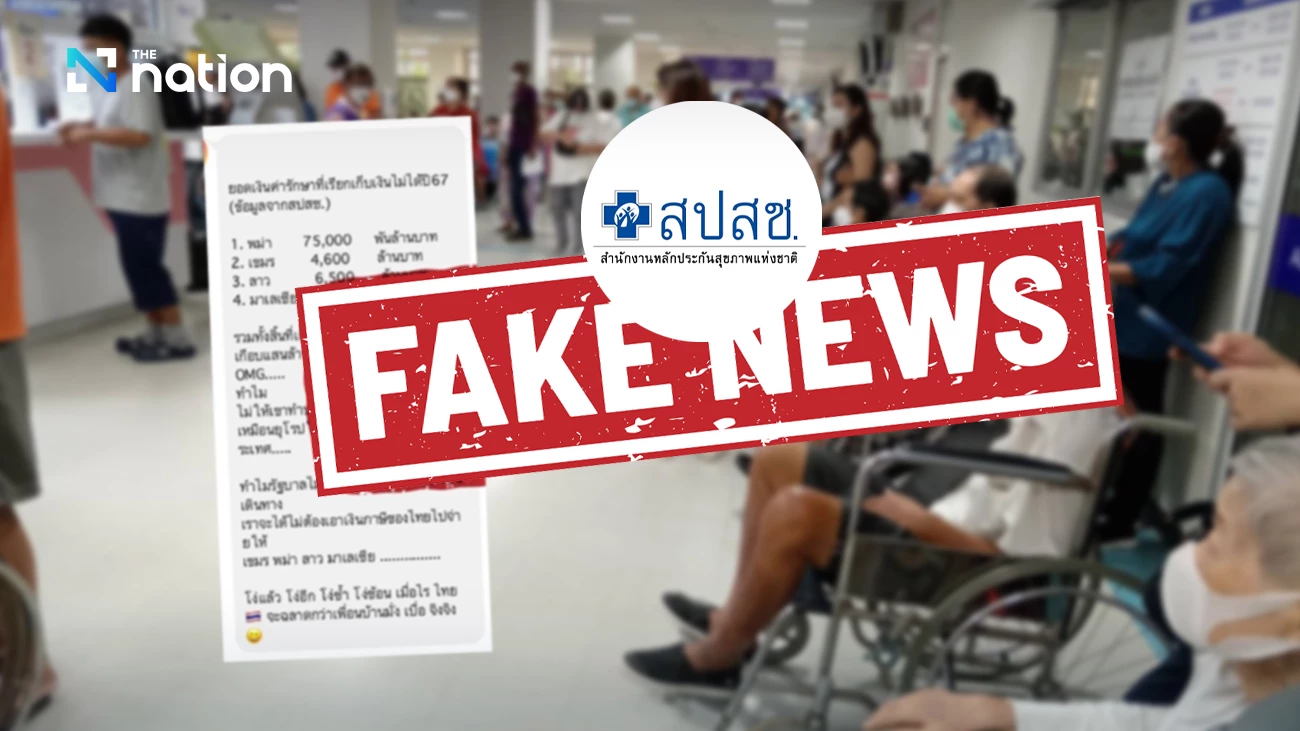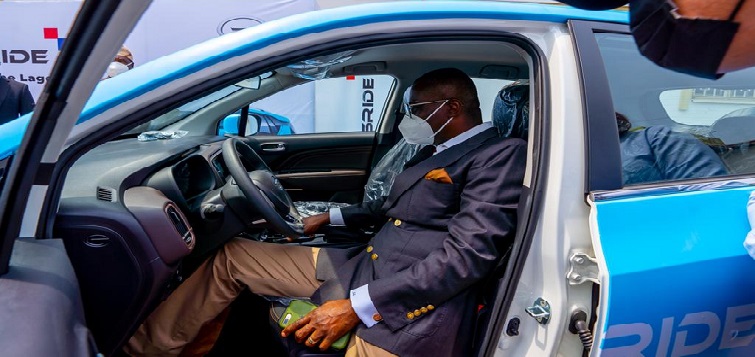Escalating Tensions: Thai-Cambodian Border Conflict Ignites Regional Concern Amidst Diplomatic Row

Recent events have highlighted a period of heightened tensions and complex disputes between Thailand and Cambodia, encompassing diplomatic accusations, border security concerns, and humanitarian issues. Various claims and counter-claims, often amplified by social media, have necessitated official responses from Thai authorities, aiming to clarify the situation and promote peaceful resolution.
The National Health Security Office (NHSO) in Bangkok recently refuted widely circulated social media claims alleging that nearly 100 billion baht was spent on medical care for citizens of neighbouring countries, including Myanmar, Cambodia, Laos, and Malaysia, without reimbursement. The NHSO clarified that these figures were unfounded, addressing concerns about financial burdens.
Diplomatic relations faced further strain when Thailand’s Ministry of Foreign Affairs vehemently denied allegations of plotting to assassinate Cambodian leaders Hun Sen and Hun Manet. These claims, made by Cambodia’s Minister of Information citing foreign intelligence, were dismissed by Nikorndej Balankura, Director-General of the Department of Information, as "entirely unfounded" and designed to "defame Thailand." Nikorndej emphasized that such disinformation undermines ongoing General Border Committee (GBC) discussions aimed at peaceful resolution.
Adding to the complexity, the Thai Ministry of Foreign Affairs publicly accused Phnom Penh of a sustained disinformation campaign and actively undermining the peace process. Nikorndej Balankura described Cambodia's commitment to a bilateral ceasefire, signed during the August 7 GBC meeting, as "merely for public relations," citing alleged ceasefire violations. These violations include laying new landmines, using drones for harassment, inciting citizens to protest at the border, and deploying powerful improvised explosive devices (IEDs) on the Thai side of the frontier.
In an effort to promote transparency and address alleged breaches of international law, the Royal Thai Army (RTA) led the ASEAN Interim Observation Team (IOT) on a visit to the Thai-Cambodian border. This mission followed previous successful trips organized by the Thai government for international entities. ASEAN envoys and representatives from countries that ratified the Ottawa Convention, which bans landmines, visited Si Sa Ket province. They witnessed evidence of anti-personnel mines allegedly laid by Cambodian troops and interviewed affected residents. The Thai government expects these envoys to report their findings to their respective governments and the international community.
Concurrently, the RTA, in collaboration with the Foreign and Interior Ministries, facilitated a visit by representatives of the International Committee of the Red Cross (ICRC). The ICRC assessed the humanitarian impact of cross-border attacks on civilians in Surin, Si Sa Ket, and Ubon Ratchathani provinces. Interviewing local residents, the ICRC gathered facts on the ground and will compile a confidential report for both Thailand and Cambodia, demonstrating Thailand’s commitment to strengthening humanitarian protection mechanisms.
The issue of fake news has significantly exacerbated tensions, with the Ministry of Digital Economy and Society (DES) reporting that eight out of the top ten fake news items last week were related to the Thai-Cambodian border conflict. This underscores the challenge of managing public perception amid ongoing disputes.
A long-standing point of contention centers on Ban Nong Chan village in Sa Kaeo province. Thai government spokesman Jirayu Houngsub stated that this area, originally a temporary shelter for Cambodians fleeing civil war in 1977, saw Cambodia take advantage of Thai humanitarian aid to encroach on Thai soil. He alleged that Cambodian refugees refused to return home, expanding their community and leading to claims of Cambodian sovereign land. Thailand insists that it erected razor wire fences entirely within its boundaries to protect its territory from further encroachment and landmine attacks, a measure consistent with GBC agreements. Cambodia, however, continues to reject Thailand’s border demarcation claims and exerts pressure for the dismantling of these fences.
The human element of the conflict is evident in the plight of Cambodians illegally crossing the border into Thailand. Soldiers from the Burapha Force apprehended 50 Cambodians in Sa Kaeo’s Aranyaprathet district, who claimed they were fleeing hunger and unemployment in their homeland. These individuals accused the Cambodian government of failing to support returnees who had previously worked in Thailand but faced restrictions at border crossings. Many resorted to paying smugglers to re-enter Thailand. Since border checkpoints closed on June 17, the Aranyaprathet Taskforce has arrested 329 Cambodians in 84 separate incidents of illegal entry.
International observers have also engaged with the situation. A delegation of four US lawmakers visited Thailand to follow regional developments, including the Thai-Cambodian border conflict zone in Ubon Ratchathani province. Acting Prime Minister Phumtham emphasized the need to "fight with truth, not through information warfare," stressing peaceful solutions that prioritize the lives of affected people. He confirmed raising the issue of Cambodian mine-laying activities with the US delegation, highlighting it as a priority over discussions on cancelling Memoranda of Understanding 43 and 44. The delegation's visit, continuing to Cambodia afterwards, was appreciated by Thai officials as a positive step towards understanding and de-escalation, with further talks anticipated.
You may also like...
Royal Spectacle: Trump's Buckingham Palace State Banquet Unveiled, From Menu Secrets to Dazzling Gowns

US President Donald Trump and First Lady Melania were honored with a lavish state banquet at Windsor Castle, hosted by K...
Celebrity Couple Regina & Victor Tie the Knot in a Chic Intimate Civil Wedding!

Regina and Victor celebrated their intimate civil wedding, exchanging vows in a serene courtroom. The Cameroonian bride ...
Cardi B's Big Reveal: Baby No. 4 on the Way for the Superstar Rapper!

Rapper Cardi B has officially announced she is pregnant with her fourth child, her first with boyfriend and New England ...
Zimbabwe's Sanctions Saga: US U-Turn Bid Faces Analyst Scrutiny

A new Bill introduced in the US House of Representatives proposes the repeal of the nearly 25-year-old Zimbabwe Democrac...
Empty Stomach Orange Juice: Uncovering its Surprising Health Effects
:max_bytes(150000):strip_icc()/Health-GettyImages-1292399655-860b8f2a8e3b4d0f968a6892d6bd78d7.jpg)
Discover the surprising pros and cons of drinking orange juice on an empty stomach. While it offers a quick energy boost...
AI Security Firm 'Irregular' Raises $80M to Bulletproof Frontier Models

AI security firm Irregular has secured $80 million in new funding, valuing the company at $450 million. Specializing in ...
Netflix Goes Hyper-Affordable with New ₦1,200/Month Mobile Plan

Netflix introduces an affordable mobile plan in Nigeria and 42 other sub-Saharan African countries, drastically cutting ...
Ride-Sharing Crisis: Lagos Drivers Fear Job Loss Over New Scheme!

The Lagos State government is launching "Lagos Ride," a new e-hailing scheme with 1,000 SUVs, in partnership with CIG Mo...
